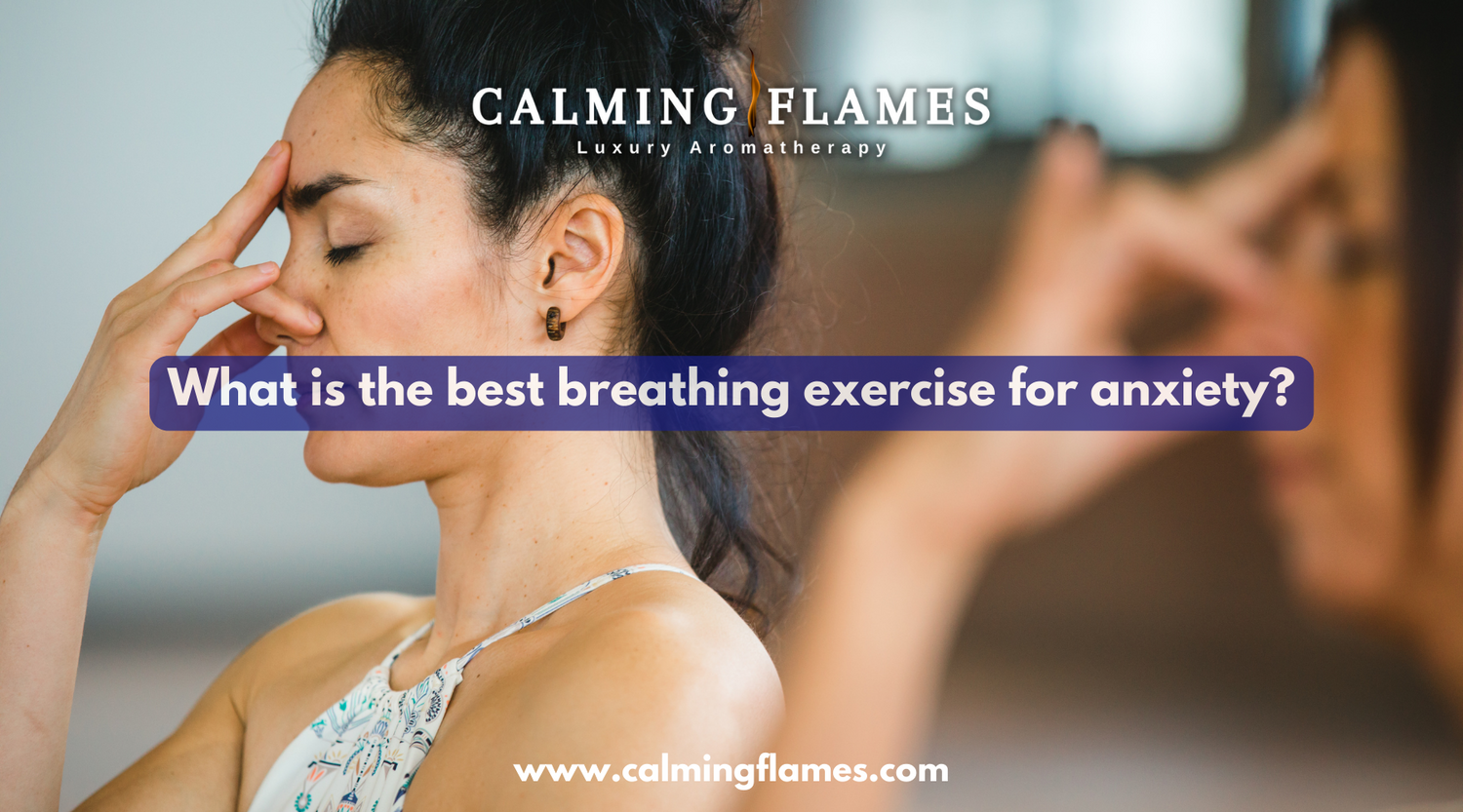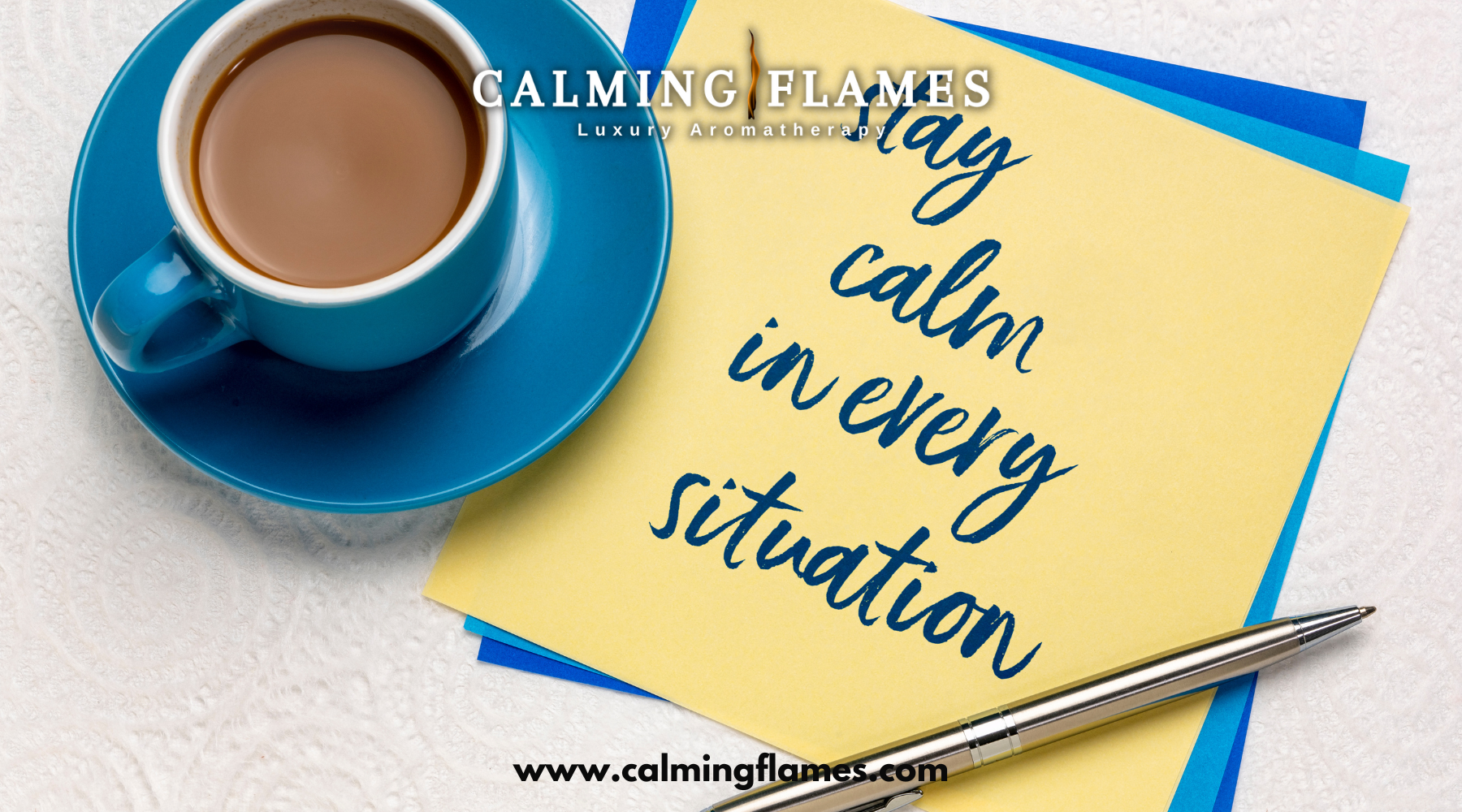
Do you ever feel overwhelmed with anxiety? Do you find it hard to concentrate or relax? If so, you are not alone. Anxiety disorders are the most common mental illness in the United States, affecting 40 million adults each year.
Anxiety is a normal human emotion that everyone experiences at one point or another. However, for some people, anxiety can become so overwhelming that it interferes with their daily lives. There are many reasons why anxiety may be more common today than in the past. For one thing, our lives have become increasingly fast-paced and stressful. In addition, we are constantly bombarded with news and images that can trigger anxiety. And with the rise of social media, we are constantly comparing ourselves to others, which can also lead to feelings of anxiety.
Whatever the cause, it is important to seek professional help if your anxiety is having a negative impact on your life. With treatment, you can learn to manage your anxiety and live a full and satisfying life. While there are many different ways to treat anxiety, one of the simplest and most effective methods is through breathing exercises. In this blog post, we will discuss some of the best breathing exercises for relieving anxiety.
In order to understand how incorrect breathing can worsen anxiety, it is important to first understand how anxiety works. Anxiety is a feeling of fear or worry that is usually accompanied by physical symptoms such as a rapid heart rate, shortness of breath, and dizziness. These symptoms are caused by the body's fight or flight response, which is activated when we experience stress or anxiety. The fight or flight response is our body's natural way of protecting us from danger. When it is activated, the body releases hormones such as adrenaline and cortisol that prepare us to either run away or fight the danger.
One of the main causes of the fight or flight response is carbon dioxide. Carbon dioxide is a gas that is produced when we breathe. It accumulates in the blood when we breathe rapidly and shallowly, which can lead to further anxiety and a feeling of suffocation. This is why it is important to focus on deep breathing when you are feeling anxious. Deep breathing allows you to take in more oxygen, which helps to reduce the level of carbon dioxide in your blood and calm the body's fight or flight response.
There are many different breathing exercises that can be helpful for anxiety. Here are some of the best:
- The 4-7-8 Breathing Exercise: This breathing exercise was popularized by Dr. Andrew Weil and is often referred to as the "relaxing breath." It is a simple yet effective way to quickly reduce anxiety and promote relaxation. To do this exercise, simply place the tip of your tongue against the ridge of tissue behind your upper front teeth and exhale completely through your mouth. Then, inhale quietly through your nose for a count of four. Hold your breath for a count of seven. Exhale slowly through your mouth for a count of eight. Repeat this cycle four times.
- The Belly Breath: This breathing exercise is also known as diaphragmatic breathing or abdominal breathing. It is a great way to slow down your heart rate and ease anxiety. To do this exercise, place one hand on your chest and the other on your stomach. Slowly inhale through your nose, allowing your stomach to expand. Then, exhale slowly through your mouth. Repeat this cycle for 10-20 breaths.
- The Conscious Breath: This breathing exercise is a good way to focus on your breath and become more aware of how you are breathing. To do this exercise, simply sit in a comfortable position and close your eyes. Place one hand on your chest and the other on your stomach. Inhale slowly through your nose, allowing your stomach to expand. Then, exhale slowly through your mouth. Repeat this cycle for 10-20 breaths.
- The Alternate Nostril Breath: This breathing exercise is a good way to calm the mind and ease anxiety. It is also said to help improve sleep quality. To do this exercise, sit in a comfortable position and close your eyes. Place your right thumb over your right nostril and inhale deeply through your left nostril. Then, close off your left nostril with your ring finger and release your right thumb. Exhale slowly through your right nostril. Inhale through your right nostril and then repeat on the other side.
- The Lion's: Breath This breathing exercise is a good way to release tension and ease anxiety. It is also said to help improve sleep quality. To do this exercise, sit in a comfortable position and close your eyes. Take a deep breath in and then exhale slowly while making an "ahh" sound. Repeat this cycle for 10-20 breaths.
Breathing exercises are a great way to quickly reduce anxiety and promote relaxation. However, it is important to practice them regularly in order to see the most benefit. If you are struggling with anxiety, consider speaking to a therapist or counselor who can help you develop a more comprehensive treatment plan. When you are feeling anxious, your breathing becomes shallow and rapid. This increases the level of carbon dioxide in your blood, which can lead to further anxiety and a feeling of suffocation. In order to combat this, it is important to focus on deep breathing. Deep breathing allows you to take in more oxygen, which helps to reduce the level of carbon dioxide in your blood and calm the body's fight or flight response.
Scented candles have long been used to improve mood and create a desired ambiance. More recently, however, they have also been used for aromatherapy. Aromatherapy is the practice of using essential oils to promote wellbeing. When these scented oils are diffused into the air, they can have a positive effect on both the mind and the body. Lavender, for instance, is known for its ability to reduce stress and promote relaxation. As a result, lavender scented candles can be an effective way to relieve stress and anxiety. If you're looking to improve your wellbeing, try our aromatherapy candles at Calming Flames. Made with natural ingredients and pure essential oils, our candles will help you relax and feel your best.







Leave a comment
All comments are moderated before being published.
This site is protected by hCaptcha and the hCaptcha Privacy Policy and Terms of Service apply.